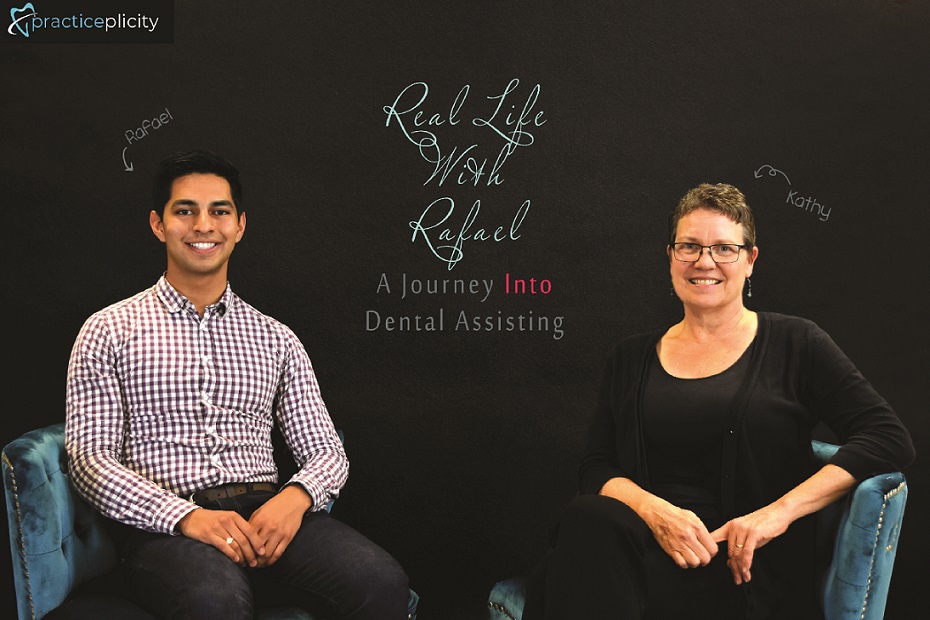Habits, whether they are good or bad, we all have them. Sometimes we can find ourselves letting go of old habits to make way for new ones. So what do habits have to do with success? A lot of how we do things depends on our habits. Sometimes our habits can hinder our productivity and approaches to completing and achieving our tasks and success.
If we want to succeed and become the person we want, it’s often about reflecting on what you can do to improve rather than adding more to your list things to do. There are certain habits we can give up to help us achieve our success which hinders our productivity, approach, and growth at a personal and professional level. What are some habits we can give up? Below we have listed ten habits you can give up to begin achieving your goals in small steps.
#1 Multitasking
Multitasking is a skill we often admire and consider a necessary ability. However, it’s a skill we shouldn’t be too proud of since it hinders our productivity and focus. Multitasking decreases our productivity as we spend more time switching from one task to another. We tend to limit ourselves when multitasking because we are not dedicating time to focus on a specific task entirely.
#2 Being a Perfectionist
Perfection is something we can strive for but never reach since nothing is perfect. In our efforts to strive for perfection, we can often leave things unfinished, dissatisfied, and with stress. Being a perfectionist leaves us worrying about the smaller details which can detract from the bigger picture, not to mention the ability to see how the more minor details come together to tie everything. We focus on controlling factors we can’t always control and shouldn’t control 100% of the time. We can’t fear to fail; otherwise, we reduce our ability to proceed forward.
#3 Aiming for Productivity All Day
Imagine what we could get done if we are productive all day? A whole lot, that’s for sure. However, you can’t be productive and focused all day. We all have times throughout the day where we are the most productive which depend on the individual. Some people are more productive in the morning while some are in the afternoon and others are considered night owls, and we need to find what times throughout the day work best for you to focus your time and energy will help you accomplish more.
#4 Fixed Mindset
Although talents and intelligence are factors in being successful, it isn’t the only thing we should focus our mind on. Aside from having those traits, you need to put the hard work to move forward and to achieve your goals. Hard work can come in various forms from acquiring new skills, knowledge and changing your perception.
#5 Finding a Reason to Start
A common trap we fall into thinking there is a perfect time to pursue a goal ours. That’s not always the case, and we can’t sit around waiting for that moment. Sometimes we have to take the gamble and begin pursuing our goal. You, of course, want to analyze the risks but you want to make the first step towards that direction. Otherwise, you remain stagnant.
#6 Being Negative and Stressing Out
Stress is something that’s consistent in our life, the level of stress we have can differ, but we need to learn how to cope with it in the best possible form. Since stress can affect us both physically and mentally, we want to find ways where we can deal and ease some of the tension and negative feelings that come from the stress we are experiencing. When we let the pressure get to us, we can find it hard to be productive and motivated.
#7 Not Asking for Feedback, Advice, or Questions
Being closed off to any form of feedback, advice or just asking questions can keep you from acquiring new perceptions and how to improve your craft. We understand that it’s not easy to ask, but if we decide to remain silent limits our abilities to grow and reach potential.
#8 Having a Short-term Mindset
Although we need to think about short-term goals, it shouldn’t be the mindset we strive for in attempting to pursue our goals. On the contrary, we need to distinguish the difference between long and short terms. If you are continually achieving small goals what is the long-term goal you are hoping to meet. There should be a big picture along with the smaller figures.
#9 Surrounding Yourself with Negative People
Negative people can have an effect on you that is destructive to your growth and mindset. How? When you decide to surround yourself with negative people, they become toxic since they can begin to focus on the wrong side of the situation. Having others pinpoint the bad outcomes, we can start to lose sight of what we are trying to achieve and become wrapped in their negativity which keeps us limited, unmotivated, and stagnant.
#10 Putting Your Health to the Side
Your health is something that shouldn’t be played with nor disregarded. It is easy to push our well-being aside for others or to complete a task, but it’s not worth it. The effects of bad health habits take a while to show up which can often lead to a problem. When it comes to your health, you want to focus on having a quality sleep which allows you have a full rest, healthy diet with all the nutrients your body needs to function at its full potential, and physical activity to keep your muscles, and joints functioning not mention a healthy heart.
If you are wanting to succeed in your career or pursue a lifelong goal, start by reflecting on the habits you have to see how you can improve or give up to achieve your start to your success. There is always room to grow and develop, we have to be open to the possibility of obtaining it.
















